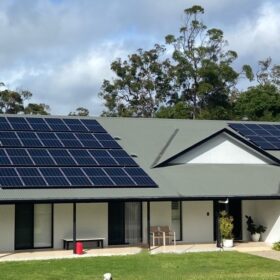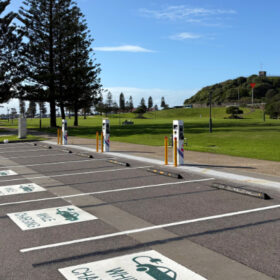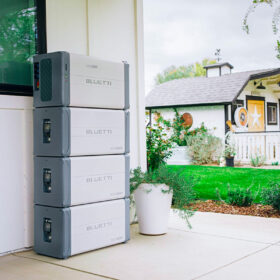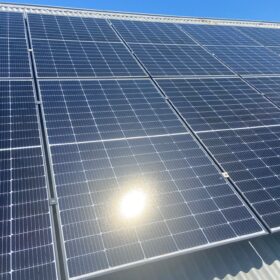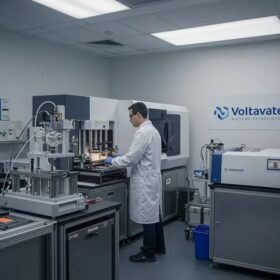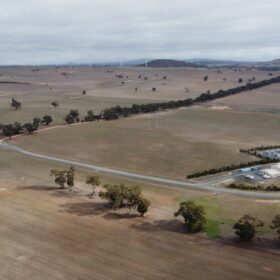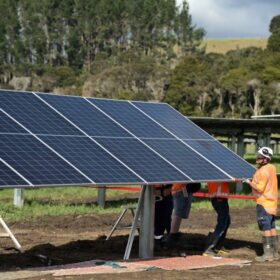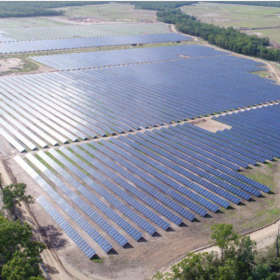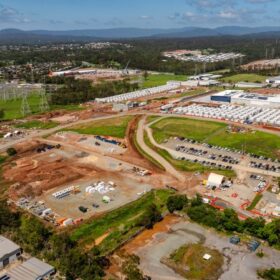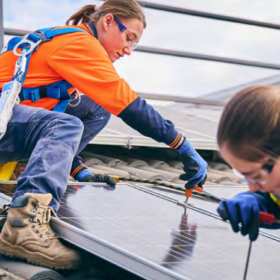Cost-of-living and government rebates accelerate solar and battery booms
Recent studies forecast Australia is on the precipice of a rooftop solar and household battery boom, predicting record breaking installation numbers driven by falling battery and solar module prices, government rebates and cost-of-living pressures.
Advocacy group calls for national CER body to boost participation in the NEM
A new report commissioned by Energy Consumers Australia is calling for the establishment of an independent national consumer energy resources body with adequate powers to boost participation in the national electricity market.
Sun-powered network keeps pace with 1,000% EV growth in four years
The installation of 34 new electric vehicle charging ports in Newcastle, powered by a council-owned solar farm, rises to meet a 1,000% surge in uptake of EVs in the city, in the past four years.
System architecture defining brand success in booming battery retrofit market
Australia’s battery market is booming — but not all system architectures are equally positioned to benefit.
Solar electroluminescence image noise filtered by new deep learning method
University of New South Wales researchers have developed a simplified residual network-based architecture method to filter out noise from electroluminescence images of solar modules.
Voltavate to power up battery tech with Artesian backing
Australian battery tech startup Voltavate has secured $850,000 in an oversubscribed pre-seed funding round led by $1.22 billion global alternative investment management firm Artesian.
ACEnergy secures connection approval for 250 MW battery
Australian-owned renewables developer ACEnergy has received connection approval for a four-hour capacity grid-forming battery energy storage project to be built in northwest Victoria.
NZ developer achieves South Island first with fifth solar farm
New Zealand renewables developer Lodestone Energy is expanding its footprint with construction starting on its first utility-scale solar farm on the country’s South Island.
Wins worth celebrating for Australia’s climate progress
While the discussion around Australia’s climate progress is typically hung in a frame of panic or hurried pessimism, encouraging new data shows that the country has seen some significant progress and is taking some long strides in its green energy transition.
Report reveals Sydney potential for 21 GW renewable energy zone
A new report calls for mandated solar installations on all new residential and industrial buildings in Sydney to help transform the city into an urban renewable energy zone capable of generating three quarters of its annual energy needs.
